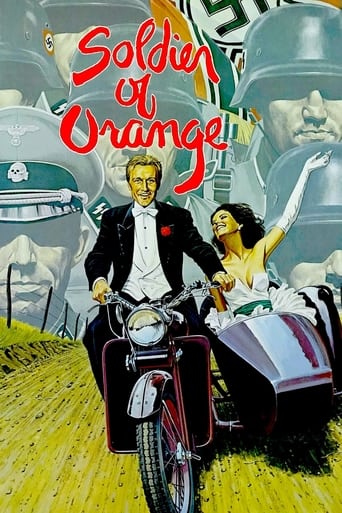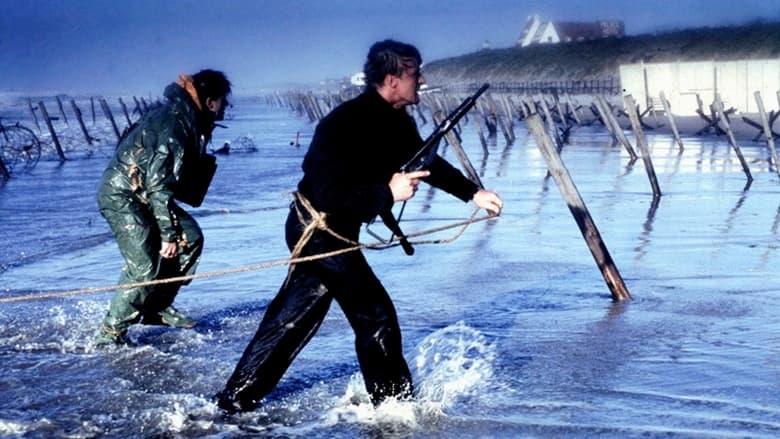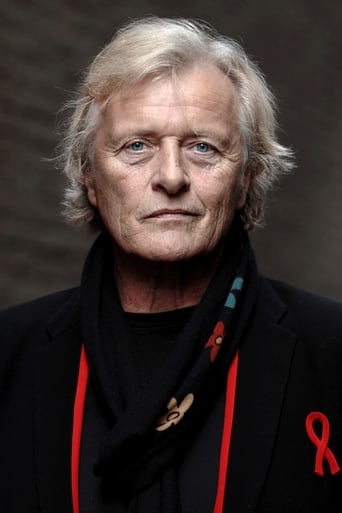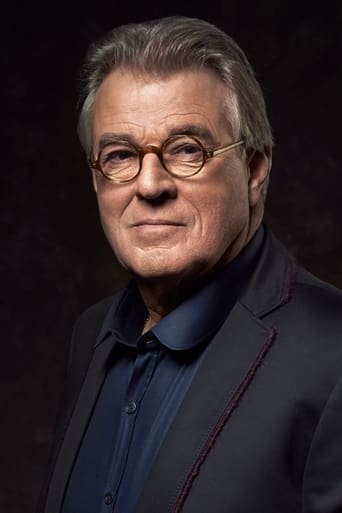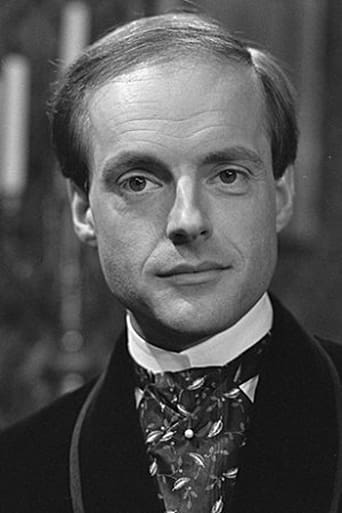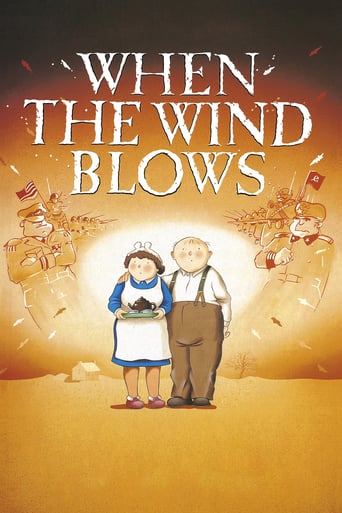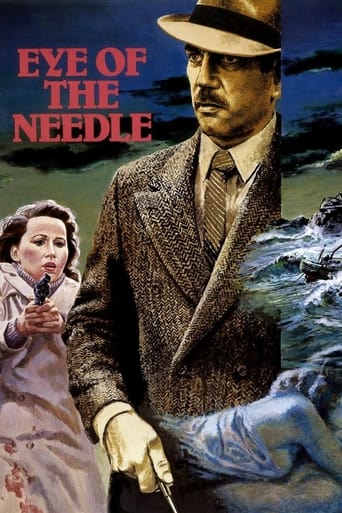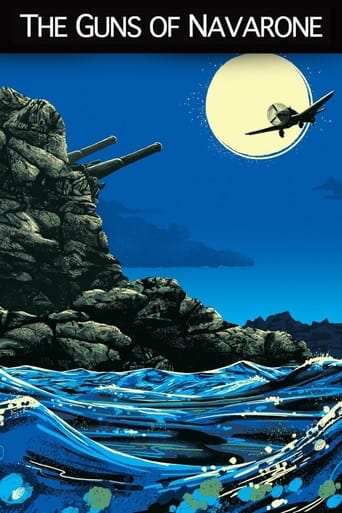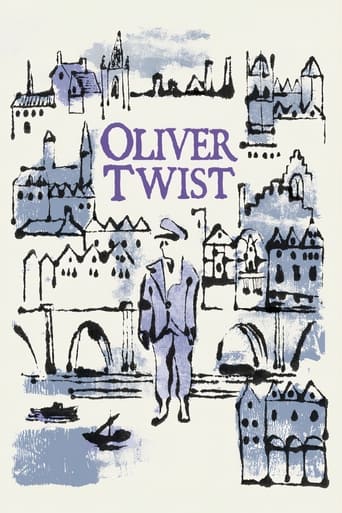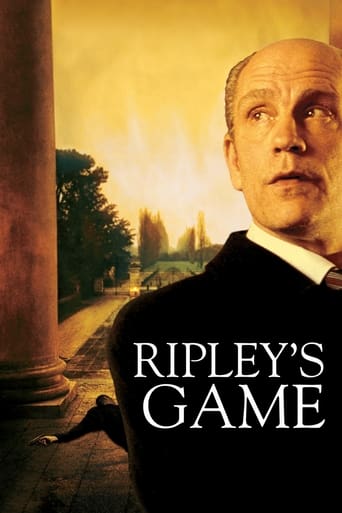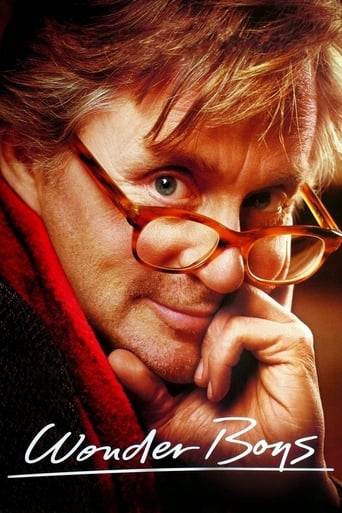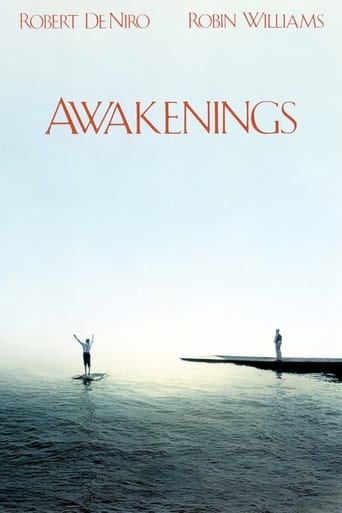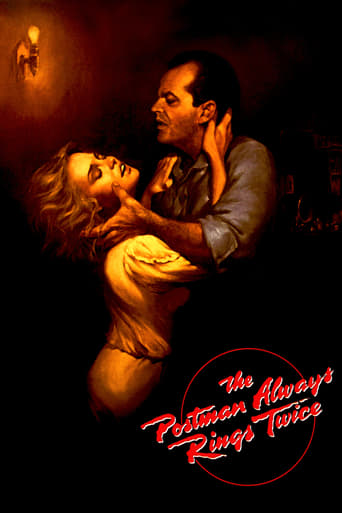Soldier of Orange (1979)
The lives of Erik Lanshof and five of his closest friends take different paths when the German army invades the Netherlands in 1940: fight and resistance, fear and resignation, collaboration and high treason.
Watch Trailer
Free Trial Channels
Cast


Similar titles
Reviews
Sorry, this movie sucks
SERIOUSLY. This is what the crap Hollywood still puts out?
Good films always raise compelling questions, whether the format is fiction or documentary fact.
There is, somehow, an interesting story here, as well as some good acting. There are also some good scenes
From director Paul Verhoeven (RoboCop, Total Recall, Basic Instinct, Showgirls), this Dutch film was one I found in the book of 1001 Movies You Must See Before You Die, the title made it perfectly obvious what the genre, and I was surprised to see familiar names in the cast, so I was looking forward it. Basically in Leiden, the Netherlands, Erik Lanshof (The Hitcher's Rutger Hauer) was originally one of many freshmen in a fraternity, which saw humiliating initiation rites, this includes a soup fight which ends up with him getting a very bad head injury from a bowl, following this accident he becomes close with fraternity chairman Guus LeJeune (The Living Daylights' Jeroen Krabbé). Guus offers Erik a room at his student house, and having drinks with them all he makes more friends, with Jacques Ten Brinck (Dolf De Vries), Jan Weinberg (Huib Rooymans) and Alex (Derek De Lint), but in September 1939 their peaceful lives are interrupted with the English radio announcement of the war between United Kingdom and Germany, the students wrongly assume that the Netherlands will remain neutral as it did in the First World War. In May 1940 Germany does invade, Jan who is Jewish and Alex who has a German mother join the Dutch army, Erik and Guus are not accepted in the army, so Robby Froost (Eddy Habbema) who has a radio transmitter contacts the Dutch resistance in London, Erik was due to take a flight to London, but Jan gets into trouble with for fighting with some anti-Semitic people, Erik offers him his place on the plane, but Nazi soldiers turn up and they get into fight, Jan is captured while Erik manages to escape. After finding out Alex is fighting alongside the Germans in the SS, Erik does get captured, Jan is executed, while Robby and his radio transmission is discovered, he is forced by the Nazi police into being a spy otherwise his girlfriend Esther (Belinda Meuldijk) who is Jewish may come to harm, and meanwhile Erik and Guus get away and manage to successfully travel to London. Once there Van Der Zanden (Guus Hermus) who was thought to be a traitor Erik tries to kill, but in fact he is part of the Dutch Central Intelligence Service and in links with Queen Wilhelmina (Andrea Domburg), she requests the two Dutch men to find more resistance leaders who could be important helping in the battles, and both men individually end also having an affair with British soldier Susan (Susan Penhaligon), also secretary to Colonel Rafelli (The Day of the Jackal's Edward Fox). Guus returns to the Netherlands for the leaders, and Erik follows after to collect them, but the Germans are waiting with Robby on a beach, and he sees for himself Alex part of the Nazi party, he avoids trouble and Robby realises the collaboration going on, but the leaders are killed, Guus swims into the sea and escapes, while Erik reaches the British ship and heads back to London and to Susan. Guus does meet Robby, and shoots him dead in the middle of the street, and later Guus is caught and beheaded, Alex is killed in Russia by a boy who he refused to give him food when he throws a live hand grenade, and Erik joins the RAF to drop bombs over Germany, he is eventually appointed assistant to the Dutch Queen, he finds Esther who had her hair cut short for her and Robby collaborating with the Nazis, and in the end, with fellow students and Jacques who also survived Erik celebrates the end of the war. Also starring Peter Faber as Will Dostgaarde, Lex Van Delden as Nico, Rijk De Gooyer as Gestapo-man Breitner and Paul Brandenburg as SS Lt. Thelen. Hauer and Krabbé are marvellous in the leading roles speaking both their native languages and good English as the do everything they can to help the war effort, Fox is good appearing for his time as the English head of the British military, and Penhaligon is likable as the female officer who both the Dutch men have a fling with. Verhoeven directs this film splendidly, and with Dutch, German and English language it has good authenticity to it, it is based on the true story of the real escapades of Erik Lanshof and the invasion of Holland, it works well with both the character stories and adventures, and of course for the fantastic battle sequences filled with guns and explosions aplenty, it is definitely a Second World War drama to see. It was nominated the Golden Globe for Best Foreign Film. Very good!
I was told by a Dutch priest friend that his country's soldiers responded to the German invasion riding on bicycles. And they were confronted by Panzer divisions. Apart from the films about the Ten Boom family and their heroic exploits in saving Dutch Jews from the death camps (e.g. The Hiding Place), there are few cinematic efforts portraying Dutch resistance against the Nazis. Soldier of Orange was therefore an eye-opener. One would have thought that the Dutch, because of their proximity to Germany, with their cognate languages would have succumbed to Anschluss as did Austria. The stoic courage of Queen Wilhelmina in insisting on staying with her people even after it was clear that Dutch forces had collapsed in the face of the German Blitzkrieg was touching. Only reluctantly did she accept the advice of her ministers that she would be more effective as a symbol of resistance abroad persuaded her to accept the British offer to fly her out of her beloved country.And yet, despite the exciting episodes of Dutch resistance and espionage against the German occupiers, what proved more interesting to me was the depiction of student life at the universities. I was both fascinated and appalled at the extent and brutality of the hazing undergone by the lower classmen which included the character of Rutger Hauer. In my country, the Philippines, such hazing have led to several deaths and although condemned in general, they go on.
When I talked to Erik Hazelhoff (1917) today, he was staying in De Hoefslag, one of the more remarkable dutch hotels. A man who has sucked the marrow out of life; a student writer warrior and bon-vivant who has retired to Maui, Hawaii. He remains today one of a handful of surviving bearers of the Dutch equivalent of the Congressional Medal of Honor and Victoria Cross, the so-called Military Willemsorde (MWO). With seventy two pathfinder sorties over Europe, multiple warship droppings on the machine gun patrolled dutch beaches, he is a lucky man to have survived the Second World War. The movie is fresh, candid like the man himself. It shows the When I talked to Erik Hazelhoff (1917) today, he was staying in De Hoefslag, one of the more remarkable dutch hotels. A man who has sucked the marrow out of life; a student writer warrior and bon vivant who has retired to Maui, Hawaii. He remains today one of a handful of surviving bearers of the Dutch equivalent of the Congressional Medal of Honor and Victoria Cross, the so-called Military Willemsorde (MWO). With seventy two pathfinder sorties over Europe, multiple warship droppings on the machine gun patrolled dutch beaches, he is a lucky man to have survived the Second World War. The movie is fresh, candid like the man himself. It shows the naiveté with which the Dutch resistance operated as well as its heroism. It shows Germans sometimes as soldiers, sometimes as murderers. It shows "wrong" Dutch as patriotically volunteering SS-soldiers. The best and the worst and everything in between. Is shows the Second World War as it was for everybody of his generation: the biggest event of their lives. Erik Hazelhoff Roelfzema rose to the event and this movie with its captivating theme has enshrined it during his lifetime.
Successful war movies almost always depend on tone. We've seen so many battle films, so many soldiers and so many tanks, so many landings and invasions and spies dropped behind the lines that the actual subject matter itself is no longer enough for us. Movies like A BRIDGE TOO FAR may cost untold millions and be years in the making, but for the most part we're just not moved. Good war movies don't necessarily need a message, but they need a feeling: We want to sense what the war experience was like for a specific group of people at a particular time. Thi movie creates that feeling as effectively, probably, as it can be created. It traces the stories of six Dutch soldiers through the years before and during World War II, and at the movie's end we feel we know these people and have learned from their experiences. Although the film contains a great deal of suspense and a fair amount of violence, it's not a garish adventure movie, it's a human chronicle. And it involves us. That's all the more remarkable because this isn't a profoundly serious little film with a somber message, but a big, colorful, expensive war movie-the most costly production in Dutch film history. Expensive war movies tend to linger forever on their great special effects; they have a tendency to pose their heroes in front of collapsing buildings and expect us to be moved. SOLDIER OF ORANGE is big, but it's low-key. It's about how characters of ordinary human dimension might behave against the bewildering scale of a war. The movie's based on the memoirs of Erik Hazelhoff, a Dutch war hero who escaped from Nazi-occupied Europe, landed in England, was attached to the then hopelessly disorganized and ineffectual Dutch government in exile, and spent the war on a series of espionage missions before finally joining up with the Royal Air Force and flying many missions. What's interesting is that the Hazelhoff character is shown doing all of these things, and yet he doesn't emerge as a superhero; he's just a capable, brave man doing the next right thing. The film mostly follows Hazelhoff, but it begins in the pre-war years with six friends-college students, playing tennis, hanging out together, doubting war will really come-and it follows all six through the war. Four of them die, one in a particularly horrible way in a concentration camp. By following all six lives over a period of years, the film suggests the historical sweep of the war for many millions of lives; SOLDIER OF ORANGE isn't just episodes strung together (although it is episodic), but a suggestion of how long the war must have seemed, and how easily it must have seemed endless. The narrative structure is interesting. Instead of giving us a tightly knit plot, with characters assigned to particular roles and functions, it gives us a great many specific details. There are the scenes involving Queen Wilhelmina, for example. In exile in England, the dowager queen walks stiffly in her garden, gravely absorbs the advice of her ministers, receives delegations, and conveys a dignity upon the situation through her very bearing (for, of course, she had no real authority then at all). A subplot involving an underground Dutch radio operator is clothed in similar detail; we know enough of his character to know why he turns informer and his decision is not simply cowardly, but is almost understandable. Unforgivable, but understandable. The movie is filled with perceptions like that.

